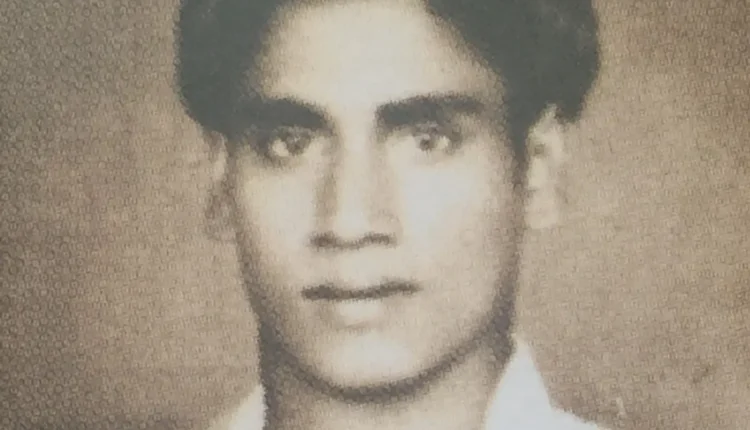In the bustling, multicultural landscape of Singapore, where stories of resilience, reinvention, and cultural pride often go untold, the legacy of S. Jayaraman rises like a sacred hymn—a melody of perseverance, passion, and profound purpose. A man who arrived on foreign soil without the ability to read or write in his mother tongue or English, would one day emerge as a celebrated Singaporean Tamil writer and yoga practitioner, and a beacon for his community.
His story isn’t just history. It’s a testimony. A timeless reminder that greatness is not reserved for the privileged—it is sculpted in silence by those who dare to learn, serve, and elevate others along the way.
Humble Beginnings, Unbreakable Spirit
S. Jayaraman was born on December 28, 1930, and arrived in Singapore in 1949 with little more than the company of his elder brother and an open mind. With no formal knowledge of Tamil or English, he enrolled in night classes during the 1960s—a courageous act of reclaiming his own voice in a foreign land.
His literary foundations were laid under the guidance of Thiru Murugu Seenivaasan, whose mentorship instilled in Jayaraman a deep reverence for Tamil literature. During the same period, he also ventured into the technical world, studying at the Singapore Electronics Institute, where he even built a radio—symbolic of the voice he was soon to broadcast through his writing.
By day, Jayaraman was a welder at Keppel Shipyard, a dedicated worker who earned a gold medal for productivity in 1983. But by night, he was an impassioned student, relentlessly forging knowledge from every opportunity.
A Literary Voice Forged in Fire
What makes S. Jayaraman truly extraordinary is not merely the books he wrote, but the soul he poured into them. Each title was a step deeper into the understanding of self, society, and spirit.
His first published work, Manitha Udambil Maaberum Sakthi (1996), explored the untapped powers within the human body—a theme that merged his spiritual pursuits with his intellectual curiosity. It was followed by Thiruvalluvar Kanda Ulagam (1996), a brilliant interpretation of Thiruvalluvar’s timeless philosophy.
In 2006, Jayaraman released two more profound works: Erai Nalam and Anbaana Veedu Agilam Puhaz Naadu. The latter was a poetic homage to Singapore, his adopted homeland. These publications weren’t just books; they were love letters to human potential, cultural pride, and spiritual harmony.
His contribution was so significant that he was featured in the SG50 publication on Tamil writers, cementing his role as a cornerstone of Singapore literature—a legacy that spans English, Malay, Mandarin, and Tamil.
The Heart of a Teacher, The Soul of a Yogi
Parallel to his literary pursuits, S. Jayaraman lived as a practitioner of kundalini yoga, channeling energy not just for his own well-being but also to elevate others. As a member of the Simplified Kundalini Yoga Society in Singapore, he embraced inner peace and helped others unlock theirs.
But perhaps his most enduring impact lies in his community work. Whether it was organizing Tamil festivals, chairing Deepavali celebrations, or fundraising for Tamil schools, he lived in unwavering service. He even mentored young writers, nurturing seeds that would later grow into vibrant voices in the Tamil literary scene.
When he sang Bharathidasan’s “Puratchi Kavi” in villu paatu format in 1962, it wasn’t just performance—it was prophecy. A revolution of words, of identity, and of quiet strength.
Also Read : PM Modi in Saudi Arabia: Strategic Talks, Warm Welcome, and Cultural Tributes

